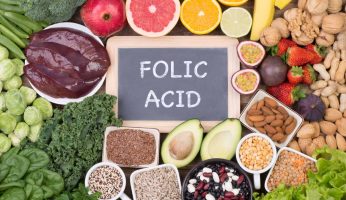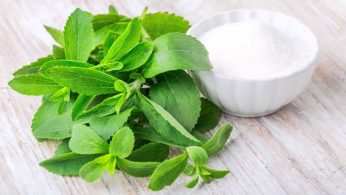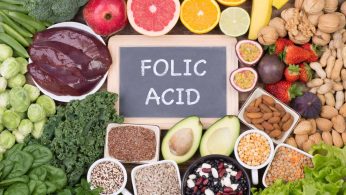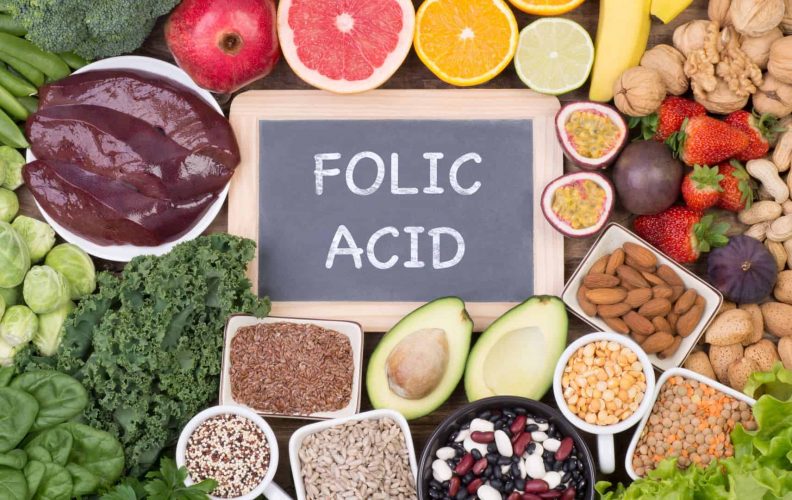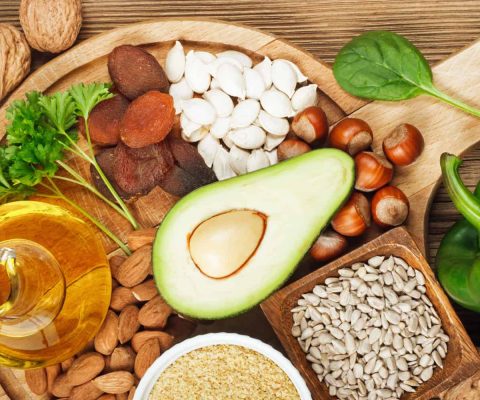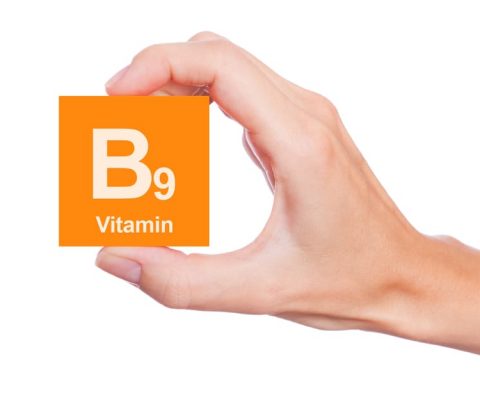Preventing Flu: The Vitamins That Really Do The Job!
Disclosure: We use affiliate links and may receive a small commission on purchases.
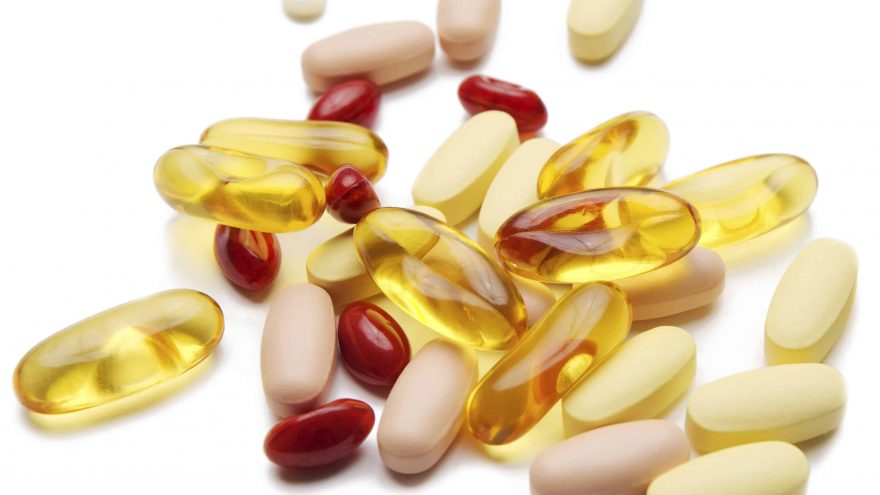 Preventing Flu: The Vitamins That Really Do The Job!
thefitbay.com
Preventing Flu: The Vitamins That Really Do The Job!
thefitbay.com
For decades, researchers have been looking for the elusive cure for flu and the common cold. Until now, all we can do is treat the symptoms, and try and prevent catching it. Cold and flu are viruses, which are passed on through the air and contact. The virus is so crafty that it is continually changing, and that is why the most vulnerable people get a flu jab every year to boost their immune system to combat the latest strain of the virus. The best way to make sure you don’t get cold or flu during the winter season is to ensure your body’s immune system is functioning at peak efficiency. One way of doing that is by taking vitamins, and supplements. Before the flu season starts is the time to begin bolstering your immune system, increasing your intake of vitamins and natural supplements. Vitamins C and D are proven to help prevent and treat cold and flu. Other vitamins such as A and E help due to their antioxidant and anti-inflammatory properties.
Vitamin C

The human body relies on vitamin C for a number of enzyme processes and is needed for the synthesis of collagen, to reduce inflammation, and boost the immune system. It is also known as ascorbic acid or ascorbate and is water soluble. It specifically improves the scavenging capabilities and activity of white blood cells. The scavenging, or phagocytosis to give it its medical term, is the mechanism where the white blood cells of the immune system latch onto and destroy microbes such as the viruses responsible for the flu and the common cold. However, the drawback is that vitamin C is water soluble, and is easily lost from the human body through excretions such as urination. As the human body does not create its own vitamin C, it has to be taken from our diet. Therefore, we need to continually consume vitamin C to make sure our immune system is working at peak performance, especially during the cold and flu season.
Best Sources of vitamin C
Most people get vitamin C from fresh fruit and vegetables, it can also be found in milk, liver, meat, fish roe, and oysters! Sailors in the 18th century discovered that eating fresh fruit, particularly citrus, staved off the disease of scurvy, which had plagued long voyages killing many crewmen. Nowadays a balanced diet will provide a regular intake of vitamin C. It is recommended by doctors to take about 75-90mg of vitamin C a day, with doses up to 2,000mg/day regarded as tolerable. Studies have shown that the human body can safely take doses up to 6 grams per day, but vitamin C side effects become more likely. Overindulgence in vitamin C can result in flushing and rashes, indigestion, nausea and vomiting, diarrhea, listlessness and disturbed sleep.
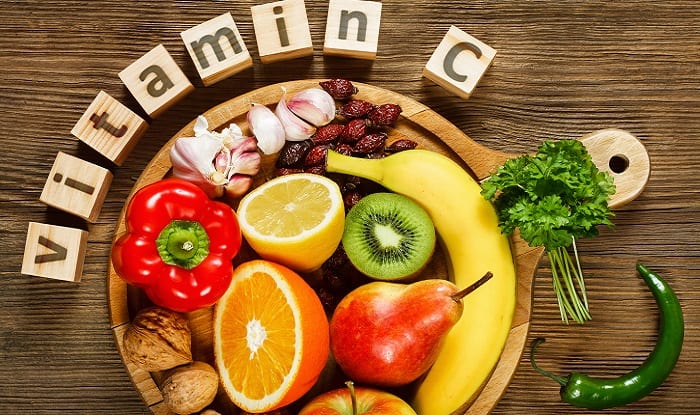
During the flu season, the most commonly recommended sources of vitamin C are supplement capsules or orange juice. Citrus juices are not considered the best sources of vitamin C to stave off flu or a cold. This is because, all fruit juices contain sugars, along with the vitamin C, and these increase the blood sugar level along with the vitamin C level in the blood. Researchers have shown that the natural sugars in fruit juices can inhibit the absorption of vitamin C into the body. Unfortunately, the human body can also get tricked, as structurally simple sugars such as glucose are very similar to vitamin C, and therefore the white blood cells can absorb them rather than the vitamin. If the white blood cells and other immune cells are to function at their best, they need as much vitamin C as possible. If that vitamin C is replaced by sugars, then the immune system can be depressed. One medical study suggests the simple sugars found in orange juice can adversely affect the functioning of the immune system for up to five hours after being ingested. Therefore, although the orange juice might taste great, dietary supplements are likely to have a better effect on your immune system and give it a higher chance to ward off flu and cold viruses.
How vitamin C works on colds and flu

There have been lots of studies on the effectiveness of vitamin C in combating colds and flu. To get an overall answer to the efficacy of vitamin C is difficult as most of the studies are not well designed, and use varying doses of the vitamin, so no consistency is maintained. Looking at the best-designed studies, none of them conclude vitamin C is a cure, and most suggest that once the symptoms have appeared there is little the vitamin can do. Having said that, the studies do show that long-term vitamin C supplement can prevent colds provided they are started early enough. A data analysis suggests the vitamin C supplement can reduce the duration of a cold by 8% in adults, and 14% in children. As a preventative measure, those who partake in active physical and mentally tiring jobs get the most benefit. The risk of catching a cold among endurance athletes was reduced by 50% by taking regular vitamin C supplements. To sum up, vitamin C is not wonder cure for cold and flu symptoms, but it does have an effect and can help to prevent you getting cold or flu.
Vitamin D

With the distinction of being the only vitamin the human body produces enough of, vitamin D is soluble in fat. Sometimes called the ‘sunshine vitamin’ it is manufactured by the body after it is exposed to sunlight. The skin synthesizes vitamin D from certain wavelengths of ultraviolet light. A short 30-minute exposure to the sun is enough to produce enough vitamin D the body will need for a whole day. Vitamin D comes in five forms, the two most useful being D2 and D3. Vitamin D2 is found in mushrooms, and D3 is more commonly found in fatty fish, eggs, and liver. For years vitamin D has been known for its role in keeping bones and joints healthy, but new research shows it can also have a substantial effect on the immune system. As vitamin D production in the body depends on exposure to sunlight, and with seasonal variations in the amount available, it only goes to show, that in the winter months there can be a pattern of vitamin D deficiency. Researchers have discovered a link between this vitamin D deficiency and an increase in infections from influenza. Therefore raised vitamin D levels at the appropriate time can reduce the risk of cold and flu infections.
Best sources of vitamin D
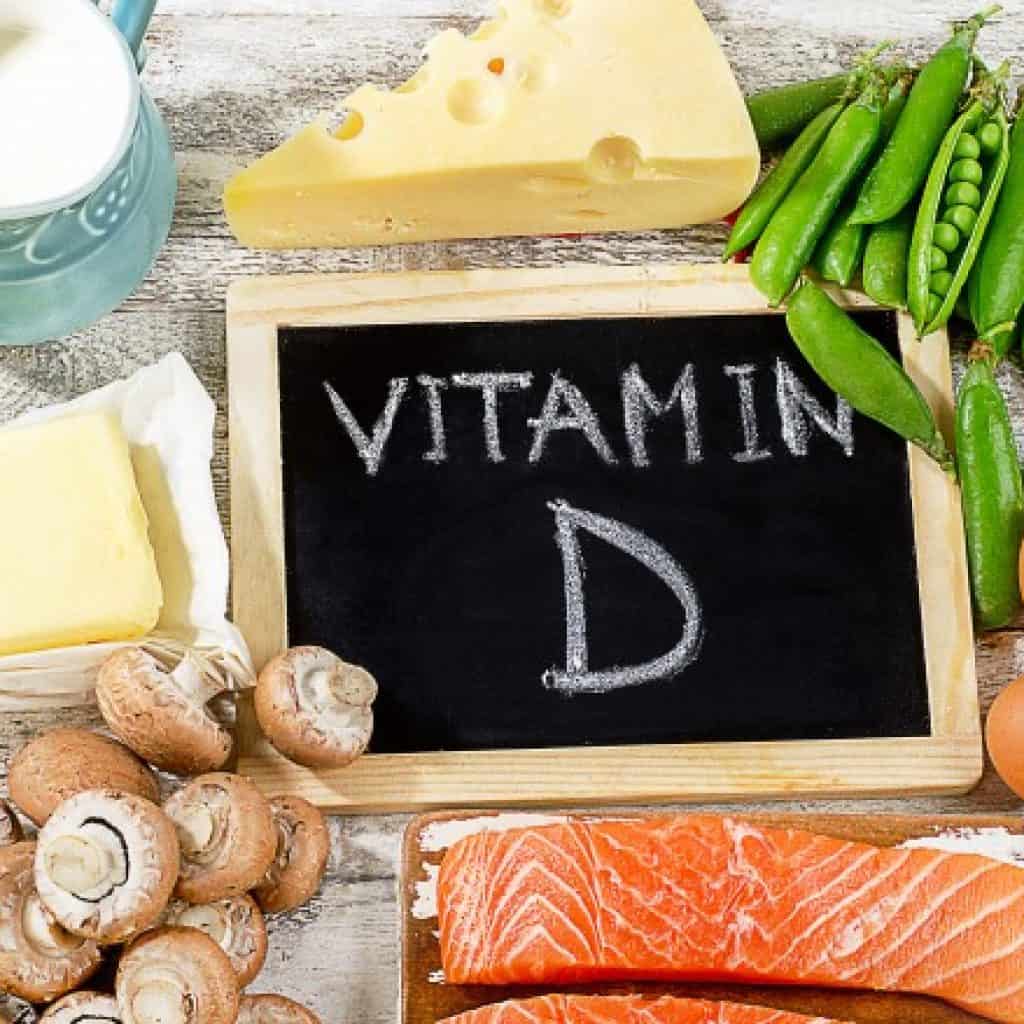
There are three ways of improving the vitamin D level in the body; more sunlight, eating vitamin D rich food or taking additional supplements. The best source will always be where vitamin D is synthesized naturally, in other words, sunlight. The vitamin D created naturally is D3 in its sulfated form, which means it is soluble in both fat and water. This increases the distribution of vitamin D to where it is needed in the body. That means it can easily boost the immune system, and improve bone density by the transfer of calcium. If you can’t get vitamin D from sunlight or artificial sunlamps, then supplements can take their place.
How vitamin D works on cold and flu
Although vitamin D is described as a vitamin, it acts just like a hormone and works on the immune system by forcing specific cells into ‘attack mode’ against viruses and reduces inflammation. Vitamin D promotes the release and activities of these cells and releases natural antimicrobial agents known as cathelicidins. These agents prevent infection of immune cells and destroy microbes. Lots of studies have shown that vitamin D is effective in blocking the replication of strains of the influenza virus and can reduce the chances of catching the flu by as much as 50%. Researchers have also discovered that anyone who has an optimal vitamin D level when they get a flu vaccination are far less likely to contract the disease than those with lower vitamin D levels. It is particularly useful for the elderly, who are at higher risk of contracting flu and generally benefit the least from the vaccinations. After careful analysis, it is recommended that people take a daily dose of vitamin D during the flu season, rather than a big dose less frequently.
Vitamin B-5

The link between vitamin B5 and combating cold and flu is a little less clear-cut. Known as pantothenic acid, the vitamin stimulates adrenal gland hormone secretions to enhance the immune system response. Some studies have suggested it also increases the production of antibodies to destroy the cold and flu viruses. As we have seen previously, anything to support or enhance the immune system will help prevent contracting a cold or flu. The vitamin is found in B-complex supplements and in rye and whole wheat bread, mushrooms and beans.
Vitamin A

Vitamin A has similar qualities to vitamin C, and studies suggest it too can stimulate the production of white blood cells and hence attack cold and flu viruses. As a powerful antioxidant, it can help with respiratory infections. Taking increased doses of vitamin A can be toxic to the liver, so it is wise to consult a medical professional. Vitamin A can be found naturally in carrots, broccoli, greens, beef liver, and cantaloupe.

